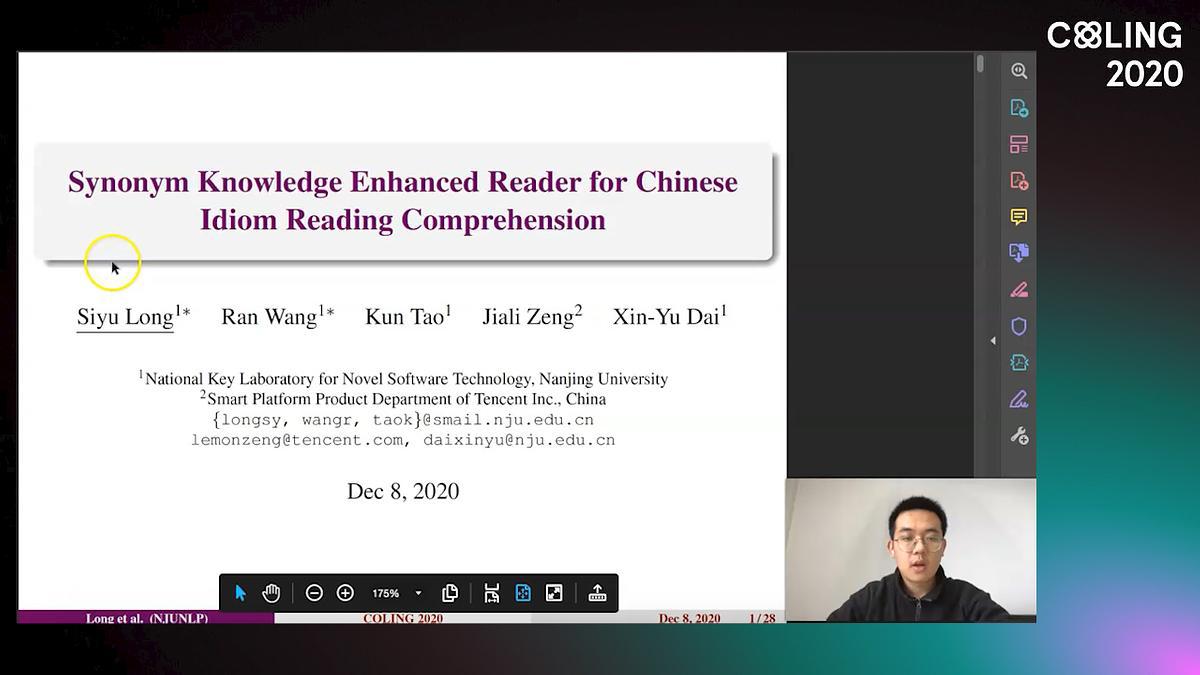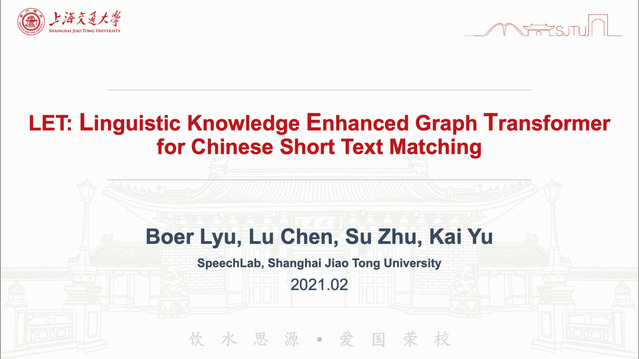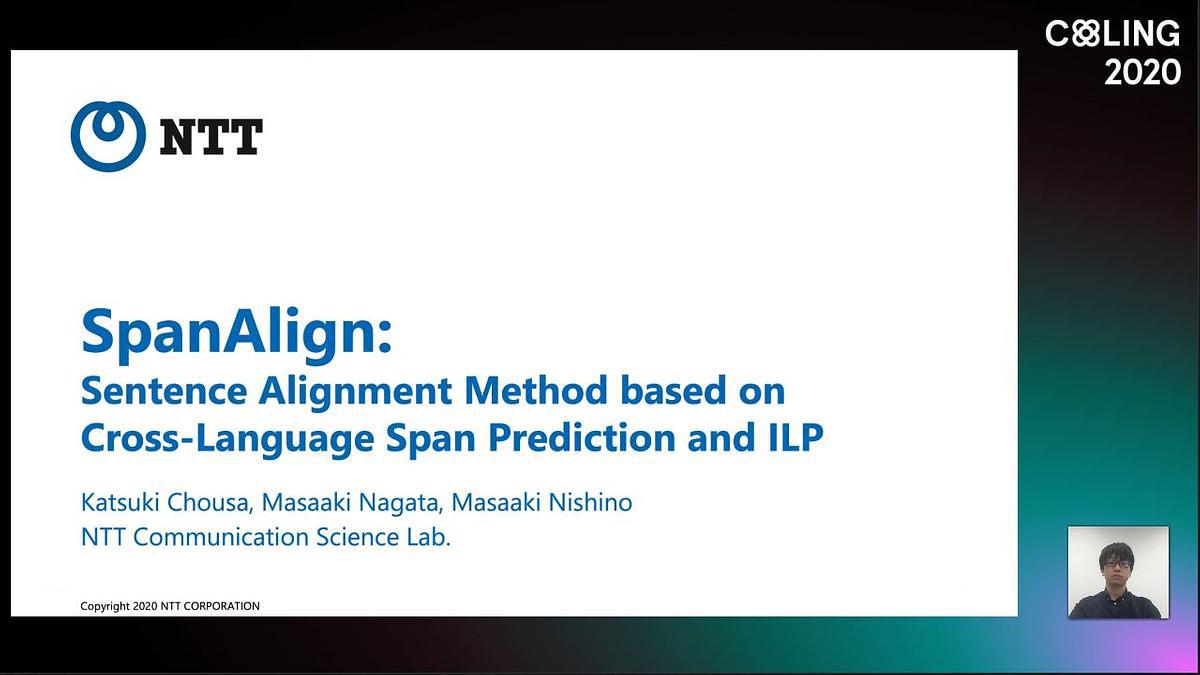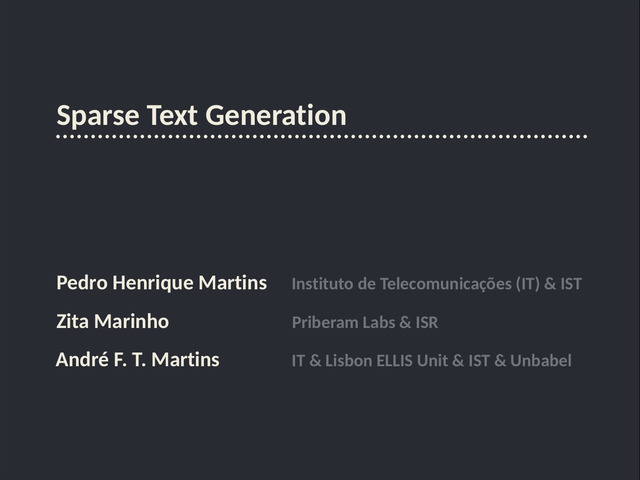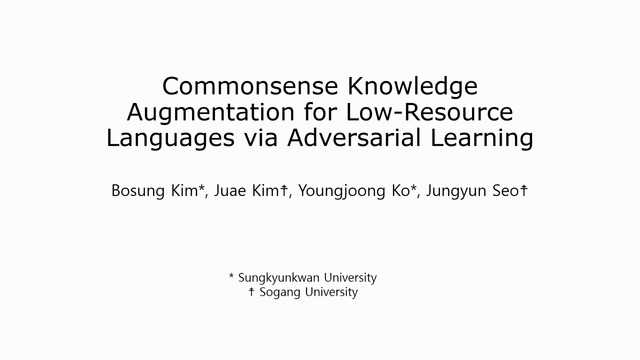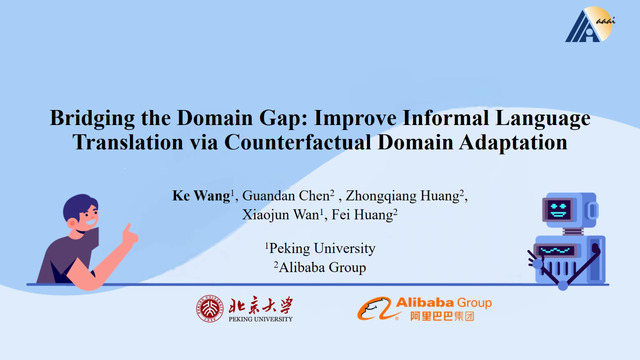Abstract:
Why do bilinguals switch languages within a sentence? The present observational study asks whether word surprisal and word entropy predict code-switching in bilingual written conversation. We describe and model a new dataset of Chinese-English text with 1476 clean code-switched sentences, translated back into Chinese. The model includes known control variables together with word surprisal and word entropy. We found that word surprisal, but not entropy, is a significant predictor that explains code-switching above and beyond other well-known predictors. We also found sentence length to be a significant predictor, which has been related to sentence complexity. We propose high cognitive effort as a reason for code-switching, as it leaves fewer resources for inhibition of the alternative language. We also corroborate previous findings, but this time using a computational model of surprisal, a new language pair, and doing so for written language.









